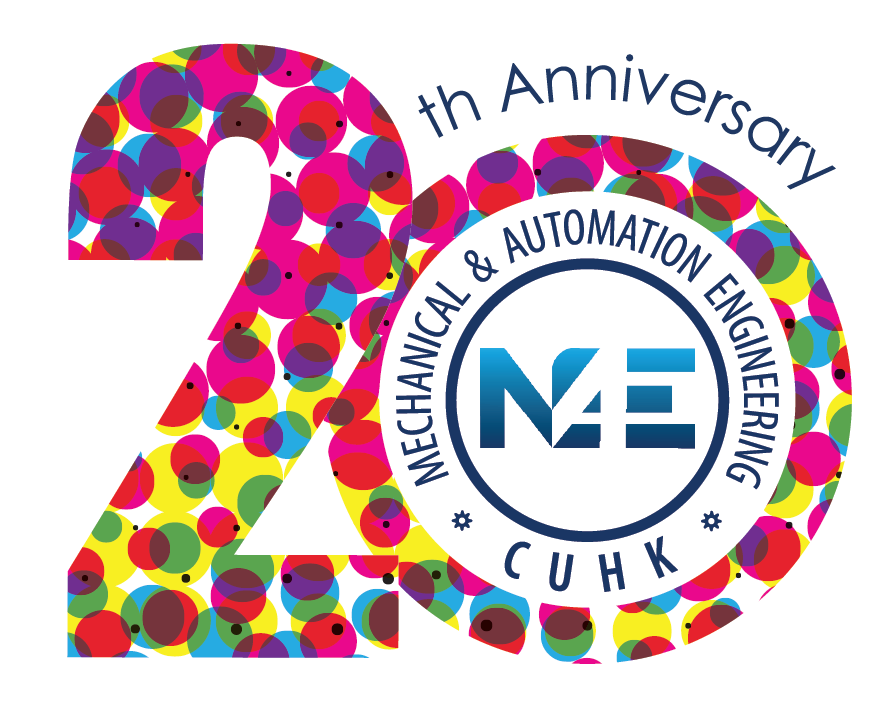Call for Papers
Posted on January 10th, 2014
Symposium on Solid and Physical Modeling 2014 (SPM 2014) will be held on Oct 26 - 28, 2014, in the Chinese University of Hong Kong, Hong Kong, co-located with the Shape Modeling International 2014 (SMI 2014).
General Information
The focus of this symposium is on the mathematical and computational issues that arise in generating, analyzing, and processing geometric information in applications such as: mechanical
design, process planning, manufacturing, medicine, games, animation, geology, and virtual reality.
The symposium is organized with the support of the Solid Modeling Association (SMA). During
the symposium, the SMA will award the 2014 Pierre Bézier Prize for contributions to solid, shape
and physical modeling.
Proceedings papers should present previously unpublished, original results that are not
simultaneously submitted elsewhere. All papers will be rigorously peer-reviewed by members of
the international program committee.
The SPM 2014 proceedings, including full papers and short papers, will be published as a journal
special issue in Computer-Aided Design (Elsevier). Papers will be available for download during
the conference.
The journal status of the proceedings requires a two-stage review process with conditional
acceptance after the first round and final acceptance based on the revised submissions. Full and
short papers undergo the same review process.
Conference Topics
We invite submissions related, but not limited to the following topics:
| • Applied algebraic and differential geometry |
| • Applied computational geometry and topology |
| • Conceptual, collaborative, and distributed design |
| • Curve, surface, and manifold modeling | • Dimensioning and tolerancing |
| • Feature modeling, recognition, and understanding |
| • Geometric and topological representations |
| • Geometric constraint solving and parametric modeling |
| • Geometry generation, processing, compression, and transmission |
| • Meshing and mesh optimization |
| • Multi-resolution and heterogeneous modeling |
| • Numerical analysis of geometric algorithms |
| • Physically-based modeling and simulation |
| • Product and assembly modeling and planning |
| • Product data exchange, standards, and interoperability |
| • Reverse engineering and reconstruction of surfaces and solids |
| • Robustness and validity of geometric computations |
| • Shape modeling, synthesis, and analysis |
Applications:
| • Biomedical, biochemical, and geo-scientific applications |
| • Computer-aided design, manufacturing, and engineering |
| • Computer graphics, visualization, and animation |
| • Computer vision and image processing | • Prototyping and manufacturing technologies |
| • Robotics and automation |
| • User interfaces, virtual and augmented reality |
| • Virtual prototyping and model validation |


